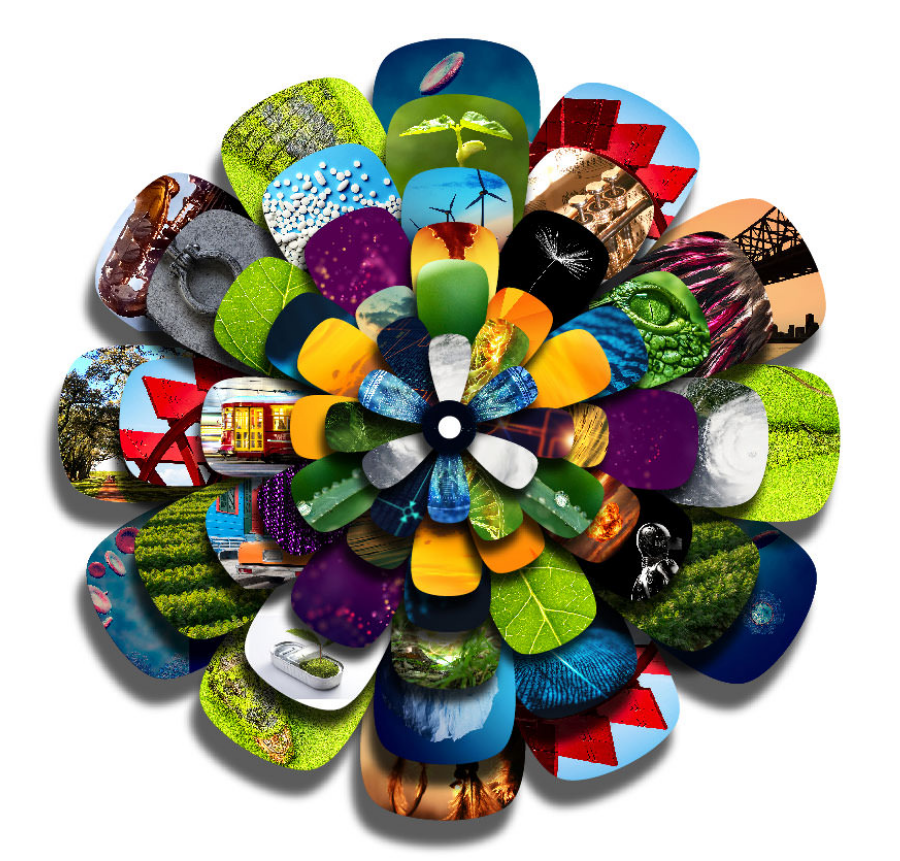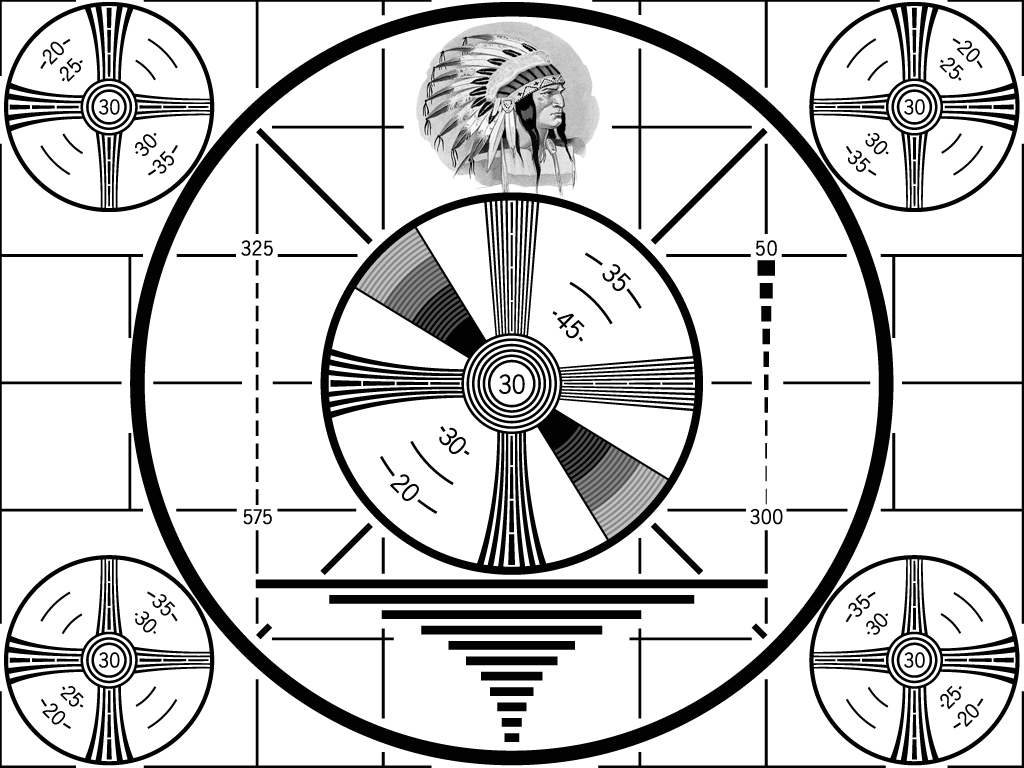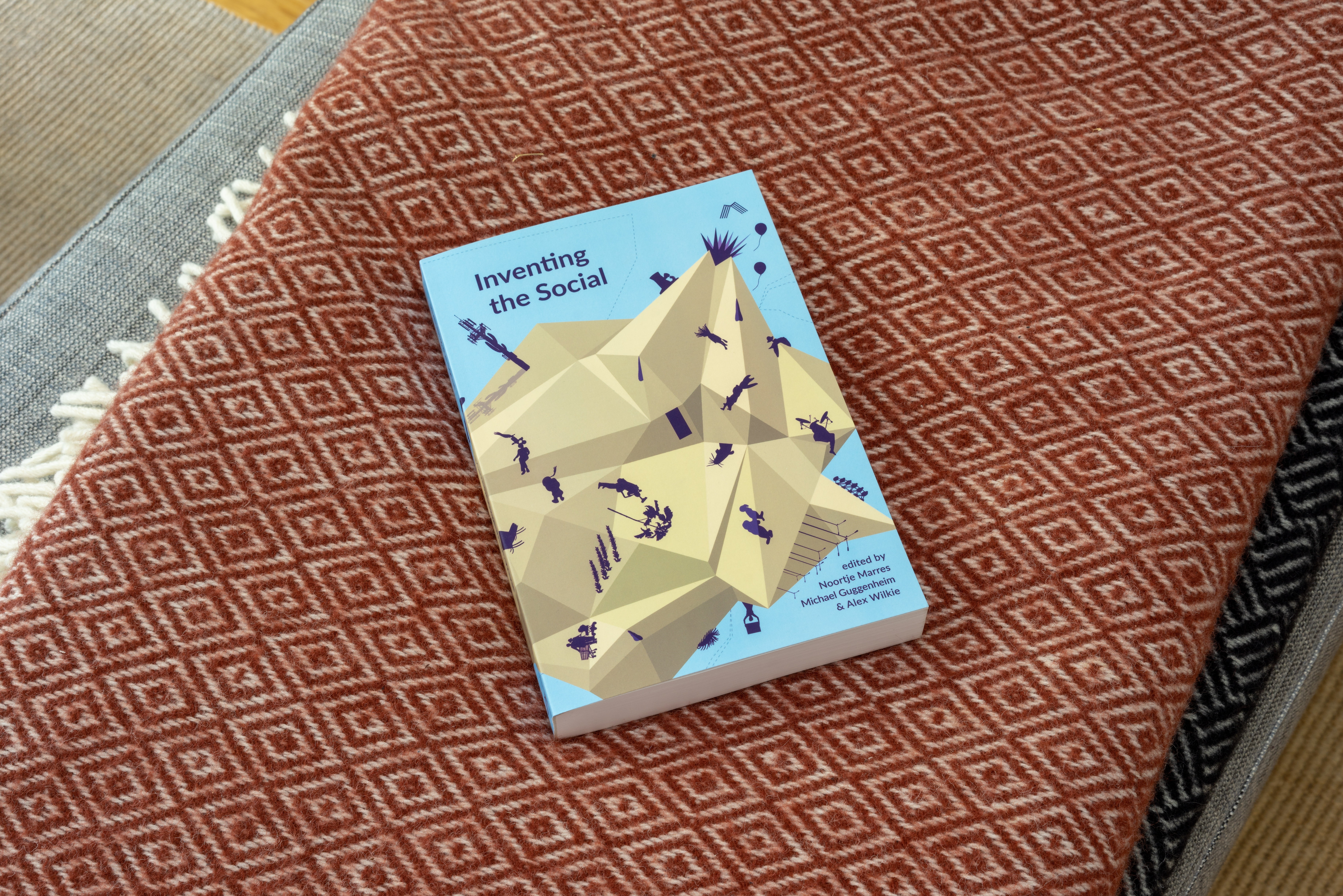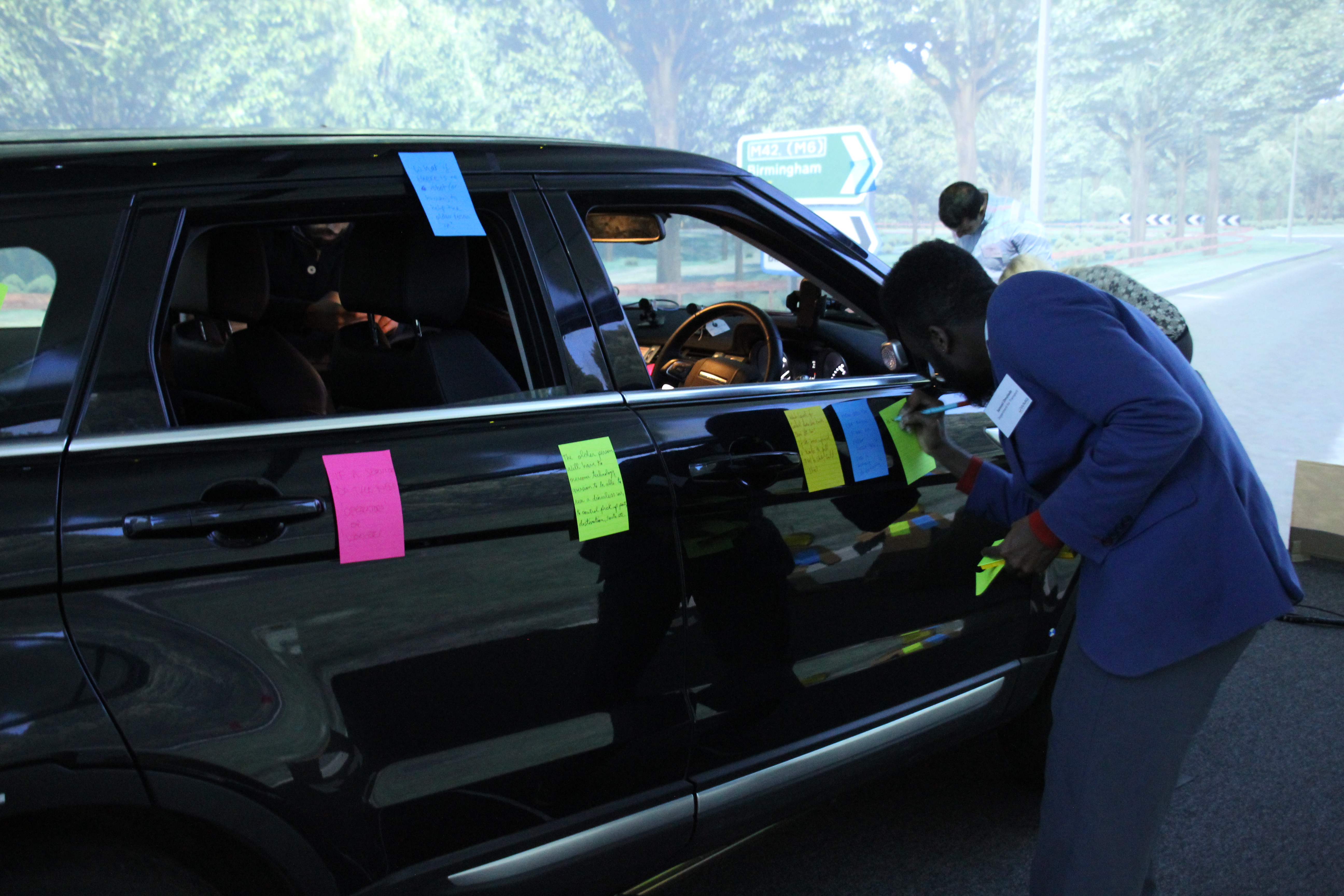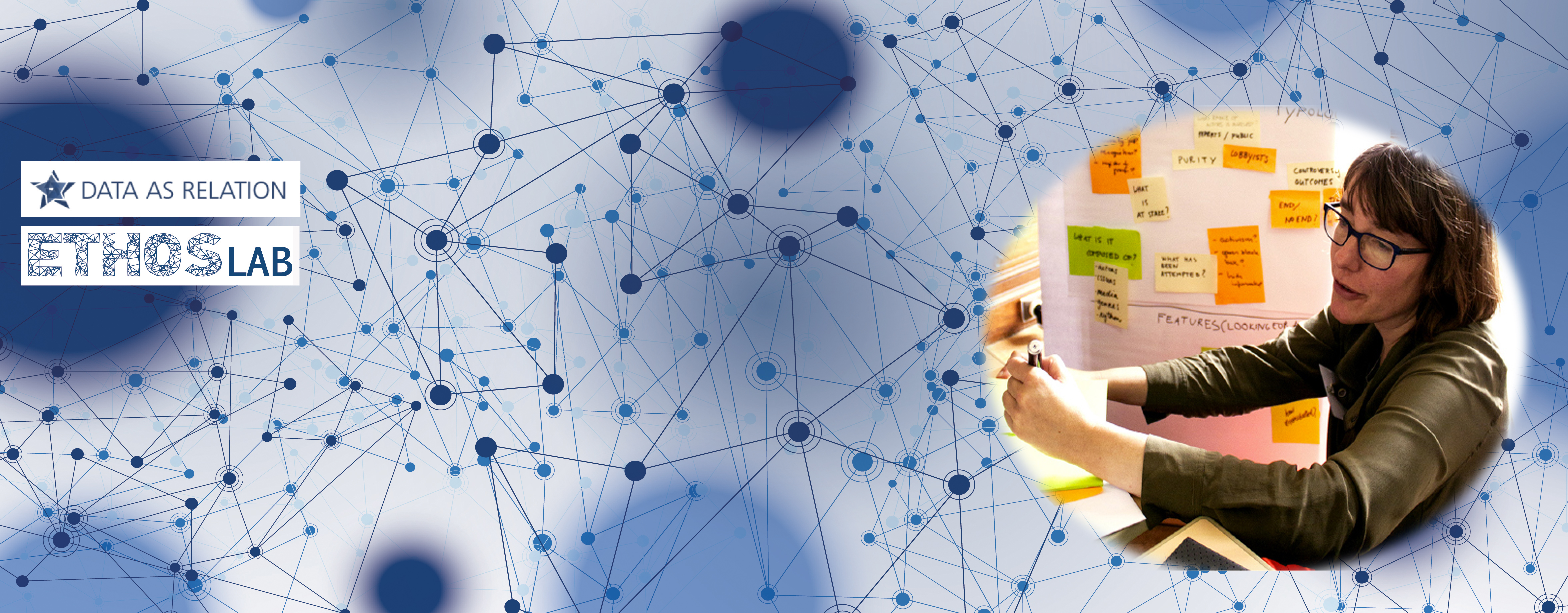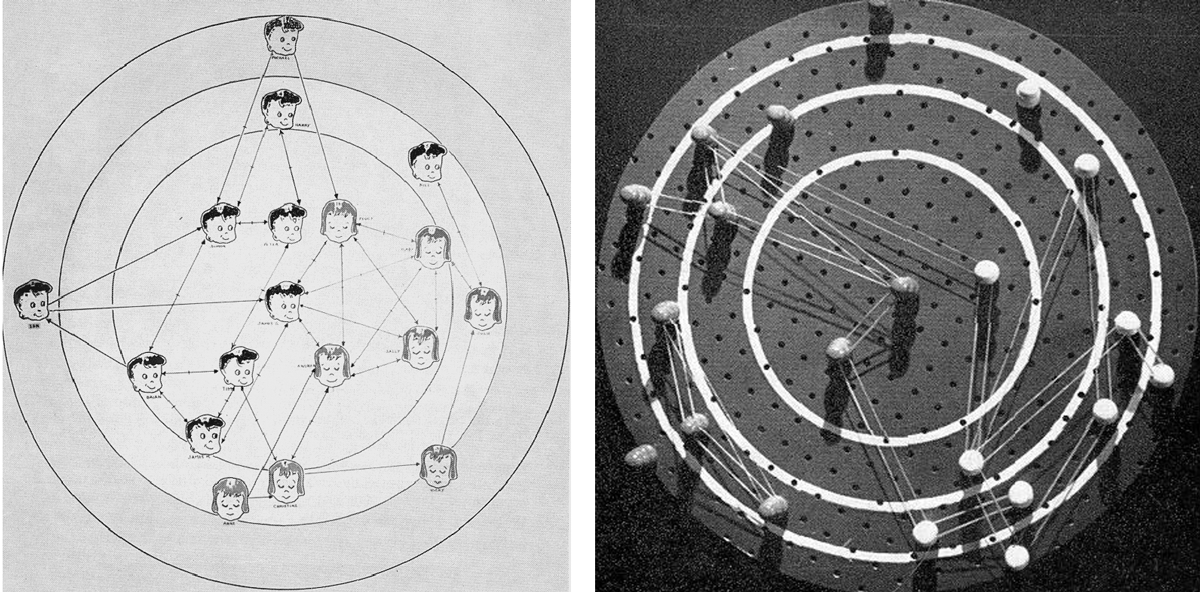Im delighted to join colleagues for the 2019 Annual Meeting of the Society for the Social Studies of Science (4S), and in particular the Opening Plenary on Innovations tomorrow:
Here is the Innovations Plenary in the words of 4S President Kim Fortun:
To innovate is to move beyond, out of line, skirting predictable directions and outcomes. This is far from straightforward — imaginatively, analytically and logistically. To innovate means being outside usual frames, working counter-culturally, against intuition and usual method. In many settings, innovation is a matter of great urgency: lives and prosperity depend on it. All to easily, however, innovation serves and even exacerbates entrenched hierarchies of privilege, creating something new but sustaining old structures (of wealth, authority, and so on). Innovation is subject — even prone — to capture — becoming a carrier rather than critique of capital and empire. Innovation can also become an empty ideal, cover for business as usual. Innovation is pursued and promised in industry, government, education and NGOS — and in scholarly fields like STS. Scholars need and promise to innovate; indeed, their charge is to create “new knowledge.” Their scholarly organizations — like 4S — promise to scaffold and help sustain this, though what this looks like in theory and practice often receives little attention.
With: Maria Belen Albornoz (FLASCO-Ecuador), Lesley Green (University of Cape Town), Noortje Marres (University of Warwick), Shobita Parthasarathy (University of Michigan).
